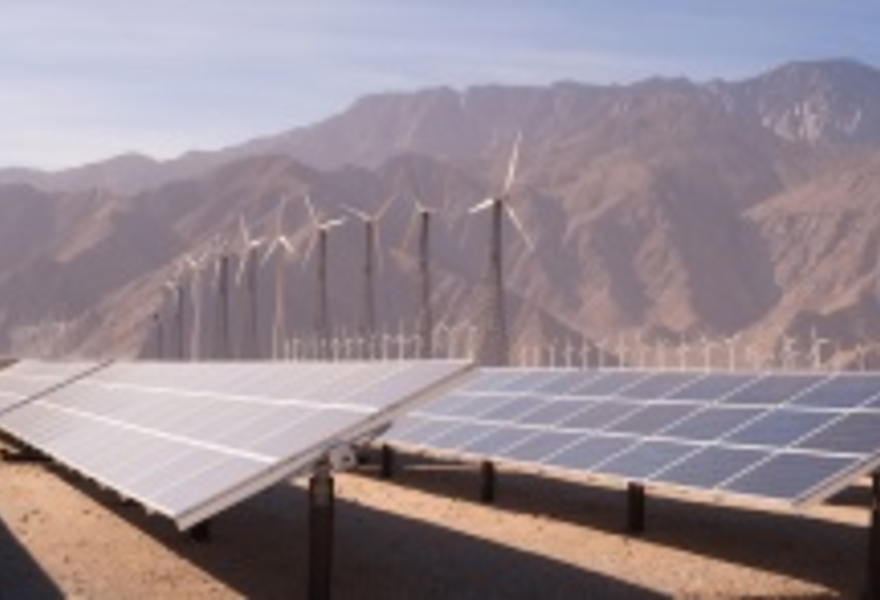Renewable energy as a driver for sustainable development in Africa
MCC scientists show: investments in renewables in Africa pay off in multiple ways - economic development, climate protection and other Sustainable Development Goals benefit.
15.11.2016
In order to promote socially fair and sustainable development globally, in 2015, the United Nations adopted the Sustainable Development Goals (SDGs). 10 of the 17 SDGs can be advanced simultaneously by the large-scale deployment of renewable energies, according to a new study by Gregor Schwerhoff from the Mercator Research Institute on Global Commons and Climate Change (MCC) and Mouhamadou Sy from the African Development Bank. The paper "Financing renewable energy in Africa - key challenge of the Sustainable Development Goals" has now been published in the journal "Renewable and Sustainable Energy Reviews".
According to the study, an expansion of the renewables in Africa would, for example, improve health conditions (SDG 3) through better air quality. In addition, expanding the energy supply helps to fight poverty (SDG 1) and increases agricultural production, which has positive effects on food security (SDG 2)—to date, only a third of African people have access to electricity. The scientists point out that there is a large gap between the need for renewables and the amount of actual investments.
“Sustainable development is a global challenge—neither the international community nor the African governments can succeed alone,” says lead author Gregor Schwerhoff from the MCC. International organizations estimate an investment need in renewables of about 50 billion US dollars per year. Much of this can be mobilized by African governments if they address inefficiencies and improve the investment climate in their countries. A funding gap of about 20 billion US dollars would have to come from the international community.






